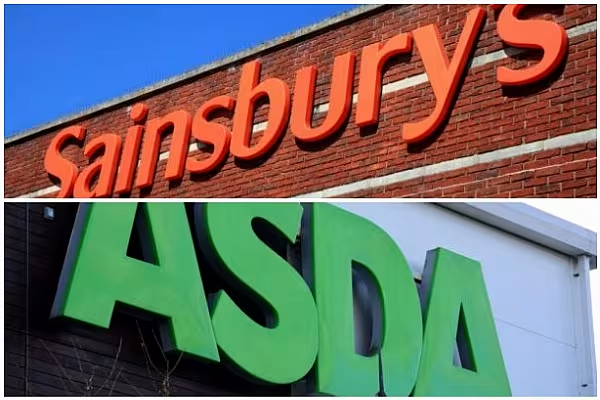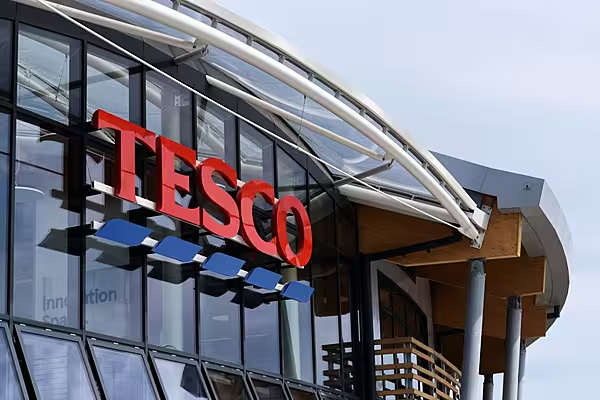Leading UK stockbroking firm Shore Capital has suggested that the creation of a 'Big Two' in the UK market, with Tesco on one side and a combined Sainsbury's and Asda on the other, would not necessarily be of long-term benefit for shoppers.
Commenting on Asda's first quarter results, which it described as 'encouraging', Shore Capital speculated on the role the Competition and Markets Authority (CMA) must now play, to determine whether the Walmart-owned retailer's merger with Asda will go ahead, and in what manner.
CMA Outcome
"It is impossible to second guess the outcome of a CMA investigation, period," Shore Capital analyst Clive Black wrote in a briefing note. "Hence, we should state that this merger could actually go through. Mr Coupe [Mike Coupe, Sainsbury's chief executive] appears confident. Whether the merger should go through from a shoppers' perspective is a totally different matter."
Black added that Shore Capital "struggle[s] to see conceptually or pragmatically how a Big Two is good for shoppers in the long-run. Note that suppliers appear to be outside the scope of the CMA's remit whilst somewhat amazingly the Grocery Adjudicator seems to have given tacit support for a duopoly, something we see as mind-blowing."
He noted that it is "hard not to envisage" a number of store disposals taking place, as well as a number of other "material remedies", which could lead to the completion of the deal taking longer than anticipated, certainly longer than the initial H2 2018/19 timeline previously provided.
"Such a lead time the gives plenty of scope for competitors and suppliers to plan and prepare for the possibility of the merged entity," Black wrote.
"So, within the supermarket segment we do not especially fear for Morrisons or Tesco UK at this time, assuming that it is cleared. Indeed, two distinctly different businesses as Asda and Sainsbury will be hard to merge."
Black added that Shore Capital 'struggles' with the idea of one board controlling two businesses that "are required, in public at least, to compete and yet in reality integrate, synergise and collude."
'Cultural Differences'
In addition, the 'cultural differences' between the two firms, and the claim that 10% price cuts will be possible from the merged entity also raise a number of doubts.
"Indeed in some respects, this concern could create the basis for the CMA to avoid chronic isochron indigestion and responsibility for store closures, job losses and pressure on proprietary branded manufacturers that £350m+ of synergies require [...] and state that a Big Two is simply not in the nation's shoppers' interests."
Asda posted a headline sales increase of 3.4%, as well as seasonally-adjusted like-for-like sales gains of 1.0% in the first quarter.
Buoyant Sales
Also commenting on the retailer's performance, Thomas Brereton, retail analyst at GlobalData questioned whether Asda’s results can stay as buoyant after the merger.
"The estimated £500m in EBITDA synergy savings from the deal are largely attributed to increased buying power over a narrower selection of suppliers – but any significant overlap in product offer will surely generate friction between the two dissimilar core demographics," he said.
"Despite Saisnbury’s CEO Mike Coupe describing the current store portfolios as 'highly complementary', with Asda dominating the North and Sainsbury’s the South and Scotland, the truth is that there is significant overlap between them."
© 2018 European Supermarket Magazine – your source for the latest retail news. Article by Stephen Wynne-Jones. Click subscribe to sign up to ESM: European Supermarket Magazine.













